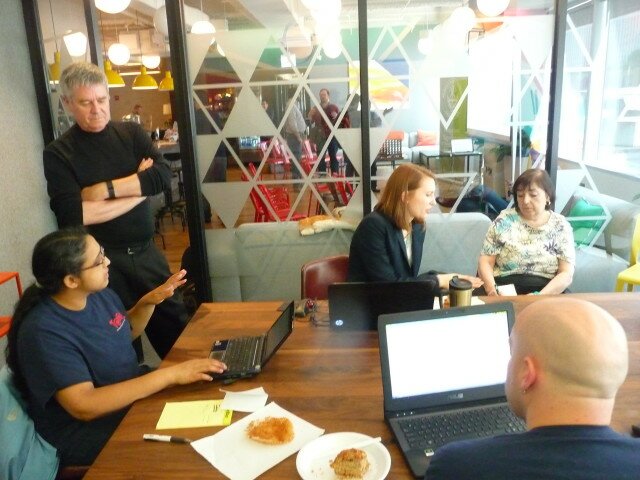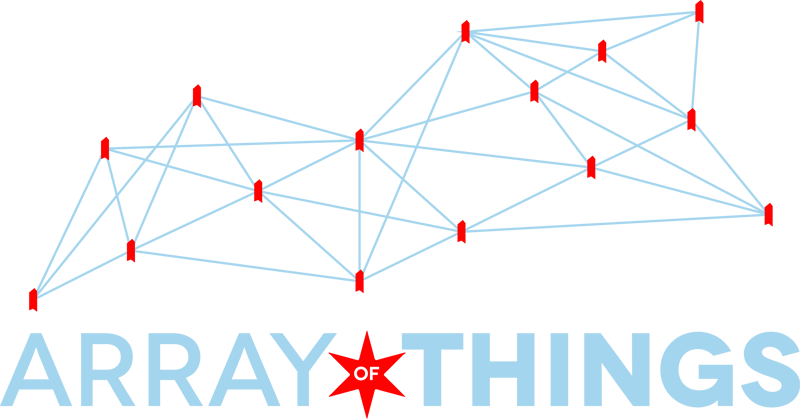 Today the draft Array of Things Governance & Privacy Policy was released. The policy discloses the privacy principles and practices for Array of Things and defines how decisions about the program are made. Residents can comment on this draft policy from June 13, 2016 to June 27, 2016. This blog post takes inventory of each way residents can contribute their voices to the draft Governance & Privacy Policy.
Today the draft Array of Things Governance & Privacy Policy was released. The policy discloses the privacy principles and practices for Array of Things and defines how decisions about the program are made. Residents can comment on this draft policy from June 13, 2016 to June 27, 2016. This blog post takes inventory of each way residents can contribute their voices to the draft Governance & Privacy Policy.
Annotate the Governance & Privacy Policy Using Madison
The text of the draft Governance & Privacy Policy is posted here on the OpenGov Foundation’s Madison Platform. Using Madison, residents can edit and annotate specific sections and language of the policy. Using this co-creation web tool aligns with Smart Chicago civic engagement model & goals.
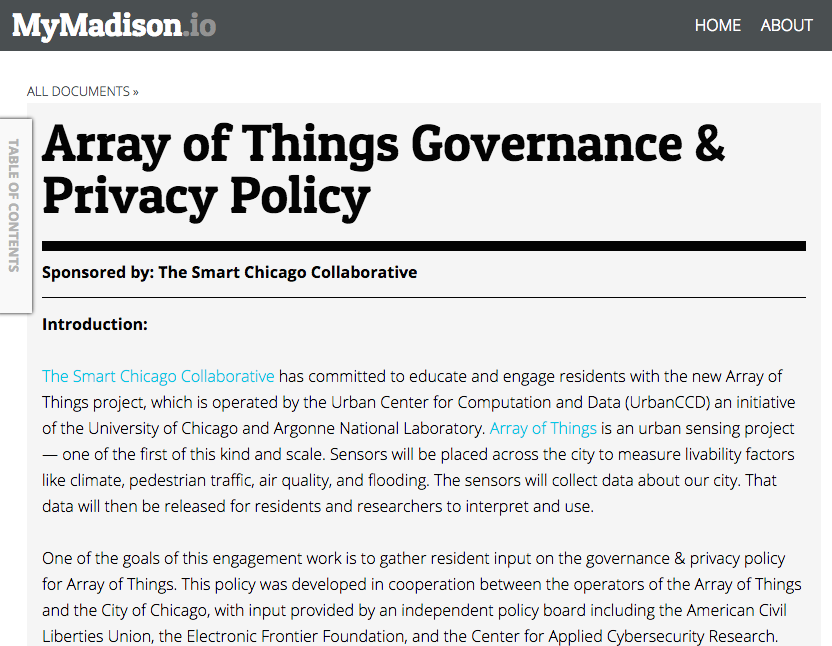
See this video to get more information on how to sign up for and use Madison:
Comment on the Policy Using this Online Form
In addition to or instead of using Madison, residents are invited to submit comments and questions on the policy through this form also below:
Attend a Public Meeting
To learn more about the Array of Things and give feedback on the Governance & Privacy policy in person, all are invited to the scheduled public meetings:
- The first meeting will be at 5:30pm on June 14, 2016 at Lozano Library. Here is our blog post announcing the event and giving more details
- The second meeting will be at 5:30pm on June 22, 2016 at Harold Washington Library. Here is our blog post announcing the event and giving more details
Food will be served. Smart Chicago documenters will record, archive, and share the proceedings from these meetings.
Having fun in Pilsen today doing documenting work for @arrayofthings and @SmartChicago pic.twitter.com/blWkgzQh2A
— Nourhy (@nourhy) June 8, 2016
.@SaferFoundation Thanks for letting us visit & share information on @ArrayofThings meetings https://t.co/tslthIYUWD pic.twitter.com/K2aNHVeuGB
— Smart Chicago (@SmartChicago) June 10, 2016
Chicago is about to seek input on its Array of Things privacy policy. Now’s your chance. https://t.co/85cwFcFRbFpic.twitter.com/t1QHYCTbfQ
— Blue Sky Innovation (@ChicagoBlueSky) June 10, 2016
Smart Chicago will synthesize and analyze residents’ comments from Madison, the online form, and the public meetings. We seek to facilitate a process where smart city infrastructure like the Array of Things is built for and with everyone. We want to spur a conversation about data, sensors, privacy, and the Internet of Things and how these innovations can be put in service to the people of Chicago.
Find all of the background information, writing, and work for Smart Chicago’s Array of Things Civic Engagement work on here.
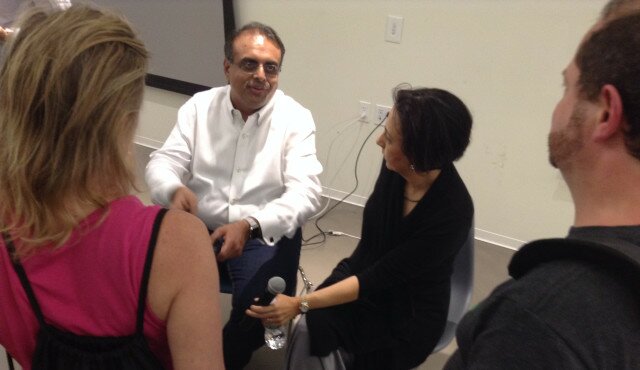
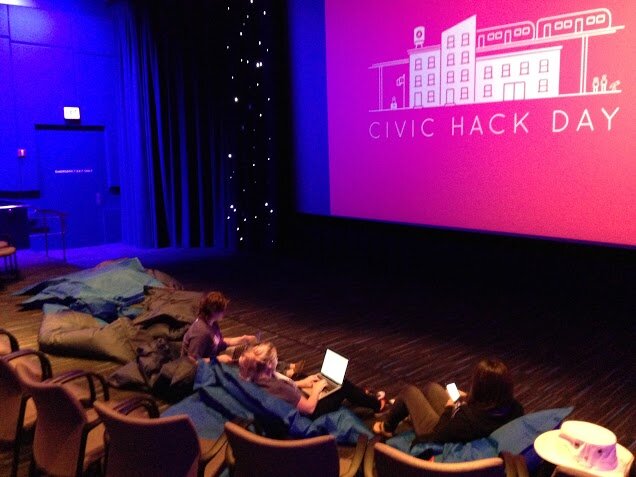 This is the full report on the Adler Civic Hack Day from Nicole Cipri as part of our
This is the full report on the Adler Civic Hack Day from Nicole Cipri as part of our 